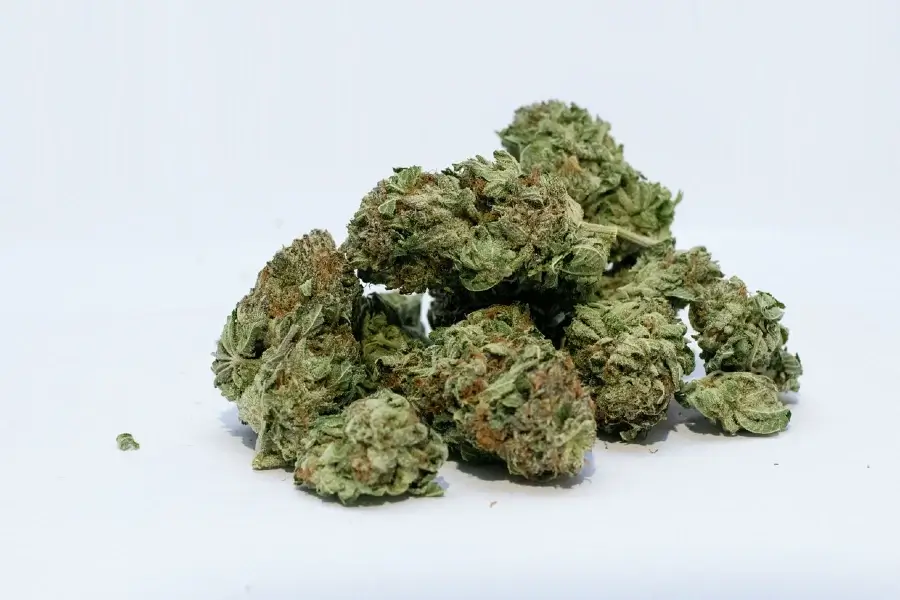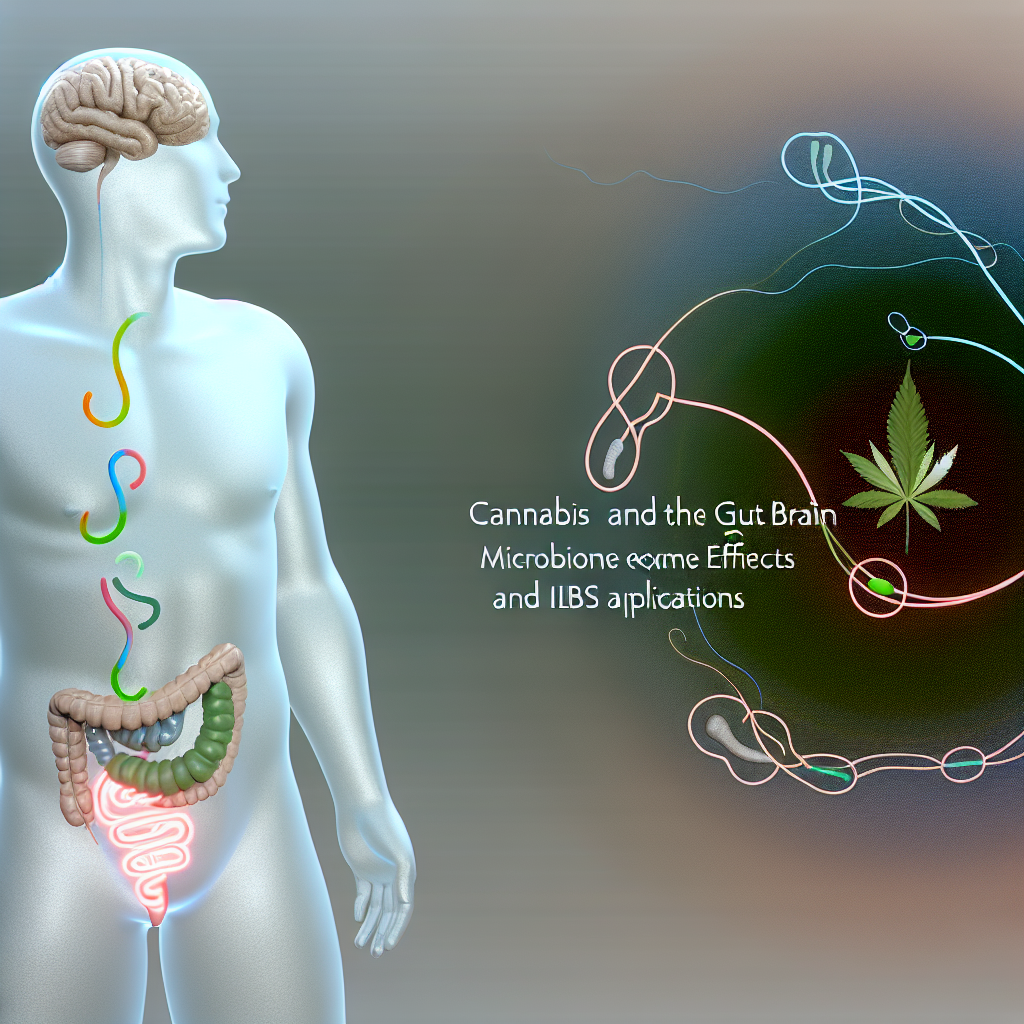Reclassifying Cannabis from Schedule 1 to Schedule 3 involves changing the classification of Cannabis from a highly restricted substance to a less restricted substance according to the regulations outlined in the CSA.On August 30, 2023, the Department of Health and Human Services (HHS) recommended changing the classification of Cannabis from Schedule I to Schedule III under the Controlled Substances Act (CSA). This idea was based on a scientific assessment of Cannabis, which determined that the substance had a low probability of being misused or leading to addiction and is acknowledged for its valid medical uses.
Schedule I, as defined by the Controlled Chemicals Act (CSA), includes chemicals that are highly prone to abuse and have no acknowledged medical uses. Schedule III contains substances that have a moderate to low probability of being abused and are admitted to have legitimate medical uses. Reclassifying Cannabis as a Schedule III substance will enhance the opportunity for further research on its therapeutic benefits and streamline the prescription process by physicians for patients.
However, the recommendation does not automatically change the scheduling of Cannabis
The HHS suggestion signifies significant progress in legalizing Cannabis at the federal level. However, the recommendation does not automatically change the scheduling of Cannabis. The Drug Enforcement Administration (DEA) holds the final jurisdiction in deciding whether a drug should be rescheduled. It is expected that the DEA will take several months to meticulously assess the recommendation of the Department of Health and Human Services (HHS) before making a decision.
Reclassifying Cannabis as a Schedule III substance by the DEA would be a significant victory for supporters of Cannabis. It would entail the reclassification of Cannabis from a dangerous substance with no medicinal benefits. This has the potential to lead to multiple modifications, which could encompass:
Cannabis would continue to be categorized as a controlled drug
Intensified research on the therapeutic benefits of Cannabis
Physicians are increasingly advocating for the medical use of Cannabis to their patients
The development of innovative medications derived from Cannabis
The proliferation of cannabis legalization in more states
However, it is essential to recognize that reclassifying Cannabis as a Schedule III narcotic does not mean that it will be legalized for recreational use. Cannabis would continue to be categorized as a controlled drug and would be subject to regulation by the DEA.
The recent suggestion by the U.S. Department of Health and Human Services (HHS) to reschedule Cannabis from Schedule I to Schedule III signifies significant progress towards the legalization of Cannabis. This reclassification would classify Cannabis with medicines such as codeine and anabolic steroids, which are known to have a lower probability of being misused and leading to addiction.
Countrywide legalization and regulation of Cannabis
The reclassification of Cannabis by the Drug Enforcement Administration (DEA) would be a momentous triumph for advocates of Cannabis and could have far-reaching implications. Firstly, it can potentially enable more exploration into the therapeutic benefits of Cannabis. Currently, the classification of the substance as Schedule I restricts researchers’ ability to study its possible medical use.
Furthermore, rescheduling Cannabis may lead to changes in its regulatory structure and consumption patterns. It can enable the countrywide legalization and regulation of Cannabis, building a framework to guarantee its secure and accountable utilization.
Moreover, it could lead to alterations in the criminal justice system, whereby individuals with previous convictions for non-violent cannabis-related offenses may have their records expunged or their sentences reduced.
The reclassification of Cannabis would also have significant economic implications. The probable result would be the emergence of new opportunities for businesses working in the cannabis industry, resulting in the creation of jobs and the generation of tax revenue for state and local governments. In addition, it could promote the development of new cannabis-related products and services, such as edible products, extracts, and therapeutic remedies.
Department of Health and Human Services (HHS) issued a statement suggesting that Cannabis
Overall, the HHS’s proposal to reclassify Cannabis from Schedule I to Schedule III is a favorable step toward the legalization of Cannabis. While there is still more progress to be accomplished, this development offers hope for supporters of the legalization and regulated management of Cannabis securely and responsibly. Reclassifying Cannabis from Schedule 1 to Schedule 3 of the Controlled Substances Act (CSA) involves changing the classification of Cannabis from a highly restricted substance to a less restricted substance according to the regulations outlined in the CSA.
On August 30, 2023, the Department of Health and Human Services (HHS) issued a statement suggesting that Cannabis be moved from Schedule I to Schedule III of the Controlled Substances Act (CSA). This advice was based on a scientific assessment of Cannabis, which determined that the substance had a low probability of being misused or producing dependence and has acknowledged medicinal uses.
Schedule I, as defined by the Controlled Substances Act (CSA), includes drugs that have a high potential for misuse and no accepted medical uses. Schedule III contains substances that have a moderate to low probability of being abused and are acknowledged to have medical uses. Reclassifying Cannabis as a Schedule III substance will expedite the exploration of its medical benefits and simplify the procedure for physicians to prescribe it to their patients.
Reclassifying Cannabis as a Schedule III substance by the DEA would be a significant victory
The HHS suggestion signifies significant progress in the federal-level legalization of Cannabis. However, the recommendation does not automatically change the scheduling of Cannabis. The Drug Enforcement Administration (DEA) holds the final jurisdiction in deciding whether a drug should be rescheduled. It is expected that the DEA will take several months to carefully assess the recommendations given by the Department of Health and Human Services (HHS) before making a decision.
Reclassifying Cannabis as a Schedule III substance by the DEA would be a significant victory for supporters of Cannabis. It would entail the reclassification of Cannabis from a hazardous substance with no medical benefits. This has the potential to lead to multiple modifications, which could encompass:
Cannabis to Schedule III does not mean it would be legalized for recreational purposes
Intensified scrutiny of the medicinal benefits of Cannabis
A growing number of physicians are advocating for the use of Cannabis as a viable therapy option for their patients
The development of innovative medications derived from Cannabis
The proliferation of Cannabis legalization in further states
However, it is essential to recognize that reclassifying Cannabis to Schedule III does not mean it would be legalized for recreational purposes. Cannabis would continue to be categorized as a controlled narcotic and would be subject to regulation by the DEA.
U.S. Department of Health and Human Services (HHS) to reclassify Cannabis from Schedule I to Schedule III
The recent suggestion by the U.S. Department of Health and Human Services (HHS) to reclassify Cannabis from Schedule I to Schedule III is a significant step toward the legalization of Cannabis. This reclassification would place Cannabis in the same category as substances such as codeine and anabolic steroids, which are known to have a lower potential for misuse and dependency.
Reclassifying Cannabis by the Drug Enforcement Administration (DEA) would be a substantial triumph for cannabis advocates and could have far-reaching implications. First and foremost, it can enable additional exploration into the medicinal qualities of Cannabis. Currently, the classification of Schedule I imposes restrictions on researchers’ ability to study the drug’s potential medical benefits.
Moreover, the rescheduling of Cannabis may lead to changes in its legal structure and use patterns. It can enable the countrywide legalization and regulation of Cannabis, building a framework to guarantee its secure and accountable usage.
Cannabis would also have significant economic consequences
Moreover, the decriminalization of Cannabis might potentially lead to substantial changes in the criminal justice system. This would entail the potential for eradicating the records of those who have been found guilty of non-violent charges associated with Cannabis or maybe decreasing their sentences.
The categorization of Cannabis would also have significant economic consequences. The advent of this industry has the capacity to create new opportunities for businesses in the cannabis sector, resulting in job growth and tax revenue for state and local governments. Moreover, it can stimulate the development of innovative cannabis-related commodities and services, such as edible items, oils, and tinctures.
Overall, the HHS’s recommendation to reclassify Cannabis from Schedule I to Schedule III is a favorable step toward its legalization. While further progress is still needed, this development brings hope to advocates of the secure and responsible legalization and regulation of Cannabis.



